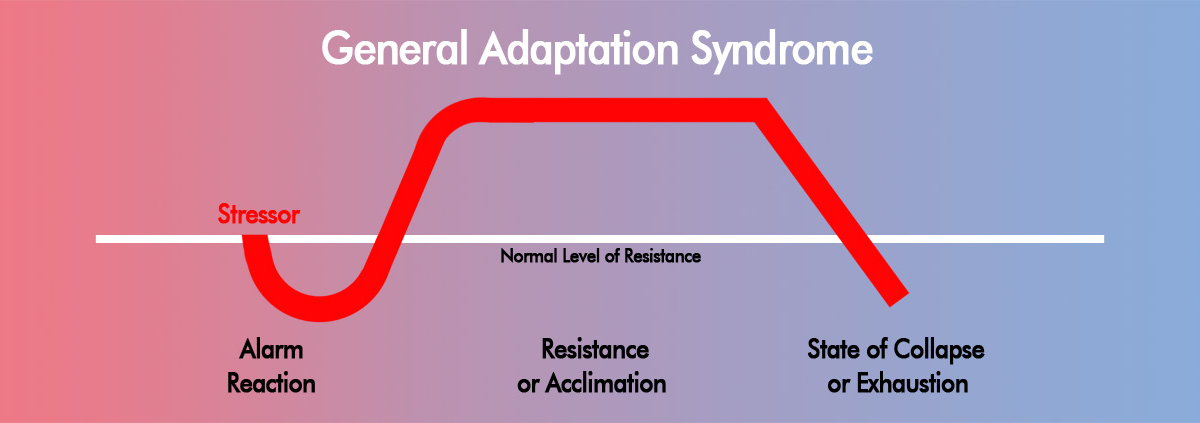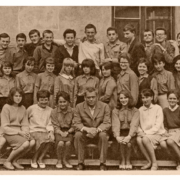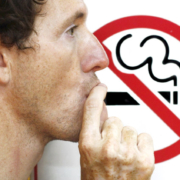The Stress Response
Anyone who studies the stress response will be familiar with the general adaptation syndrome (GAS) that’s depicted in the graphic. The response was developed by the Canadian scientist Dr. Hans Selye over years of experiments; his research focus was the hormonal response to chronic stress. To promote his adaptation concept, Dr. Selye was just as good a marketer as he was scientist. Although we know a lot more today about the hormonal and neural responses to stress, the GAS still applies to chronic stress for the most part.
Stress, both acute and chronic, is going to happen—it’s inevitable. What matters is how we respond to stress. After 35 years as an exercise physiologist, I know there are two ways to prepare for stress of all kinds: exercise and mental preparation.
Exercise
Like the concept of fighting fire with fire, you can fight stress with exercise, which is a stressor. If you examine the hormonal and neural response to exercise, it’s the classic response. (If you want to read more about the particulars of the stress response, please go to reference 1.) What makes exercise different is that we can increase our resistance because we control the amount and intensity of that stress; or in terms of the GAS graphic, we can gradually move that white line up higher.
The side benefit is that it can help when we are exposed to other types of stress as well. For example, while we may still be disrupted by the hustle and bustle of the holidays, it will not have the same impact on our immune or cardiovascular system. There’s no better way to be prepared to deal with stress than regular exercise, and it helps to prepare your mind as well.
Mental Preparation
There are dozens of ways to prepare your mind for how you respond to the stress of life; there are courses to take, books to read, positive affirmations to say, and other techniques such as prayer and meditation. But here’s the thing: you never really know how you’ll respond to stress until you’re exposed to it. There’s a big difference between someone taking your parking space and getting a cancer diagnosis. One is over in a few seconds while the other may alter your life in many ways.
The way your mind responds will also be impacted by prior experiences, both positive and negative. You have to call upon how you responded in the past to know the best way to respond when you face the same or similar stressors. It would certainly help if you had some warning when the stressors would show up.
Aging Causes Stress
Aging is one of the major stressors we face. To get an idea, read the material in the second reference. Near the end of the article, you can read the impact of aging on every organ and system in the body. We can’t stop aging, but we can prepare for it. Remember what I said about when stressors would show up? We have a pretty good idea when that will happen with aging, so we can work to reduce the impact on our bodies. That’s what Aging with a Vengeance is all about. In the next few Memos, I’m going to tell you those areas I think we can impact the most as we age.
What are you prepared to do today?
Dr. Chet
References:
1. https://www.ncbi.nlm.nih.gov/books/NBK541120/
2. https://medlineplus.gov/ency/article/004012.htm









